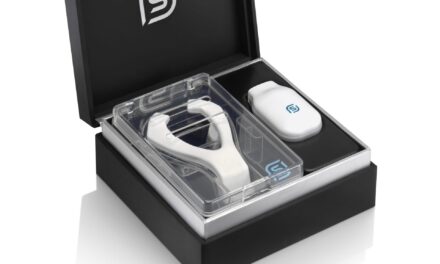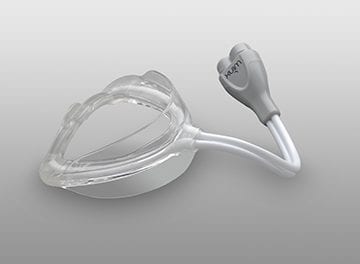The SLEEP 2018 abstract poster presentation also examined whether the switch from CPAP to bilevel PAP therapy would improve therapy adherence in patients experiencing aerophagia.
Adherence to CPAP has proven itself to be an ongoing battle for many obstructive sleep apnea (OSA) patients. One issue that continues to present itself, according to a recent abstract presented as a poster at SLEEP, is aerophagia, or “swallowing air.” The research abstract was published recently in an online supplement of the journal Sleep.
“I had seen a few patients afflicted by the same symptoms of aerophagia, so [this study] came out of my own clinical experience,” says Kathy Tran, DO, an author of the study.
Tran and her research partner examined charts of patients who had undergone bilevel PAP (BiPAP) therapy, and who had been previously using CPAP with presented complaints of aerophagia such as belching and bloating. Of the 14 qualified patients who had transitioned from CPAP to BiPAP, 10 of them (71.4%) experienced a resolution of aerophagia.
“This study tells you that if you screen patients for symptoms of aerophagia, you can essentially eliminate that as a cause for them not using their PAP therapy,” says Tran. “So, if you switch them from CPAP to BiPAP you can increase the likelihood that they’ll use it.”
Although a majority of patients found relief from the symptoms, there was no significant improvement in therapy compliance as the researchers hoped there’d be. However, Tran thinks a larger patient sample might show some improvement in adherence.
“It would be nice to see if a larger number of patients would change the compliance,” she says. “This study didn’t demonstrate any increase in compliance, but maybe a larger one would.”
Dillon Stickle is associate editor of Sleep Review.




